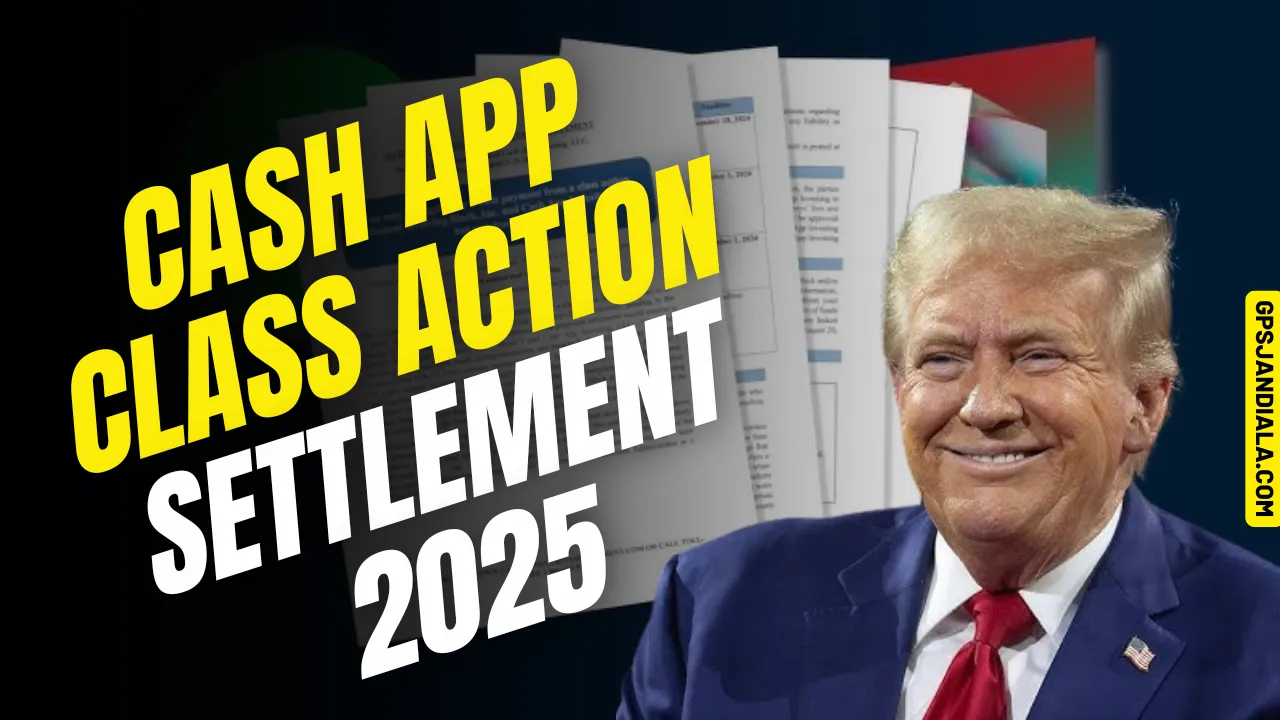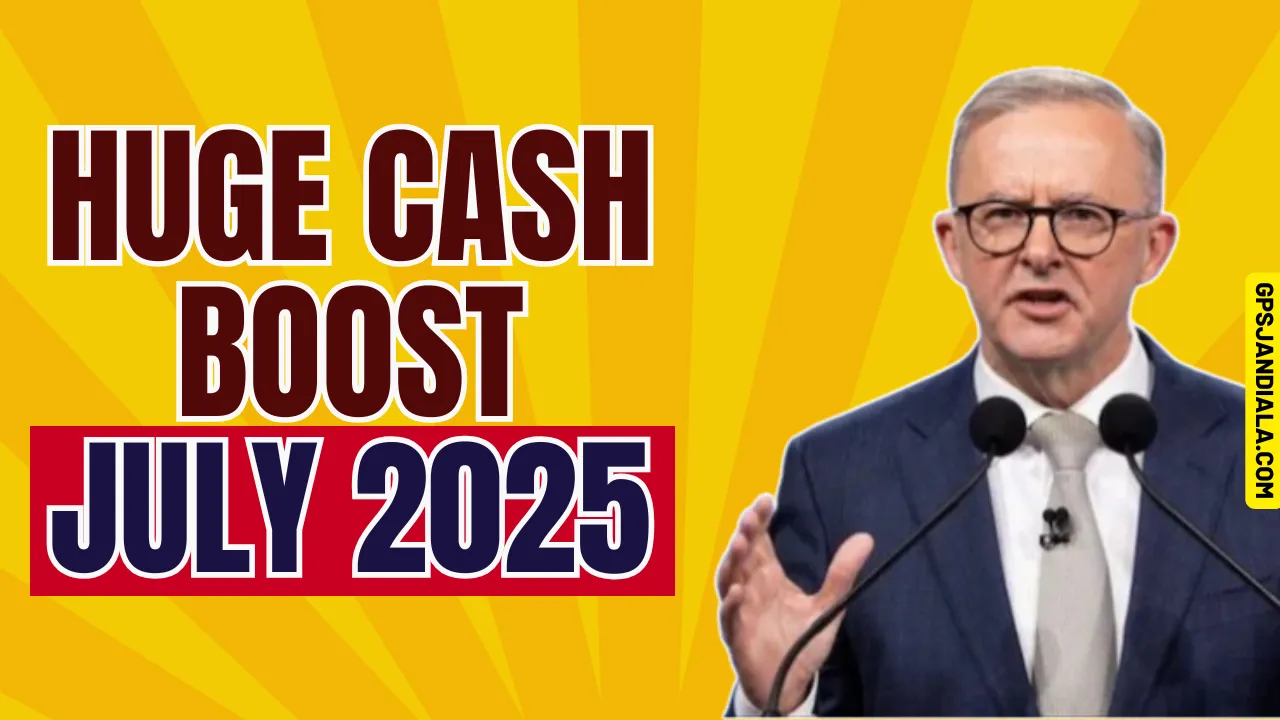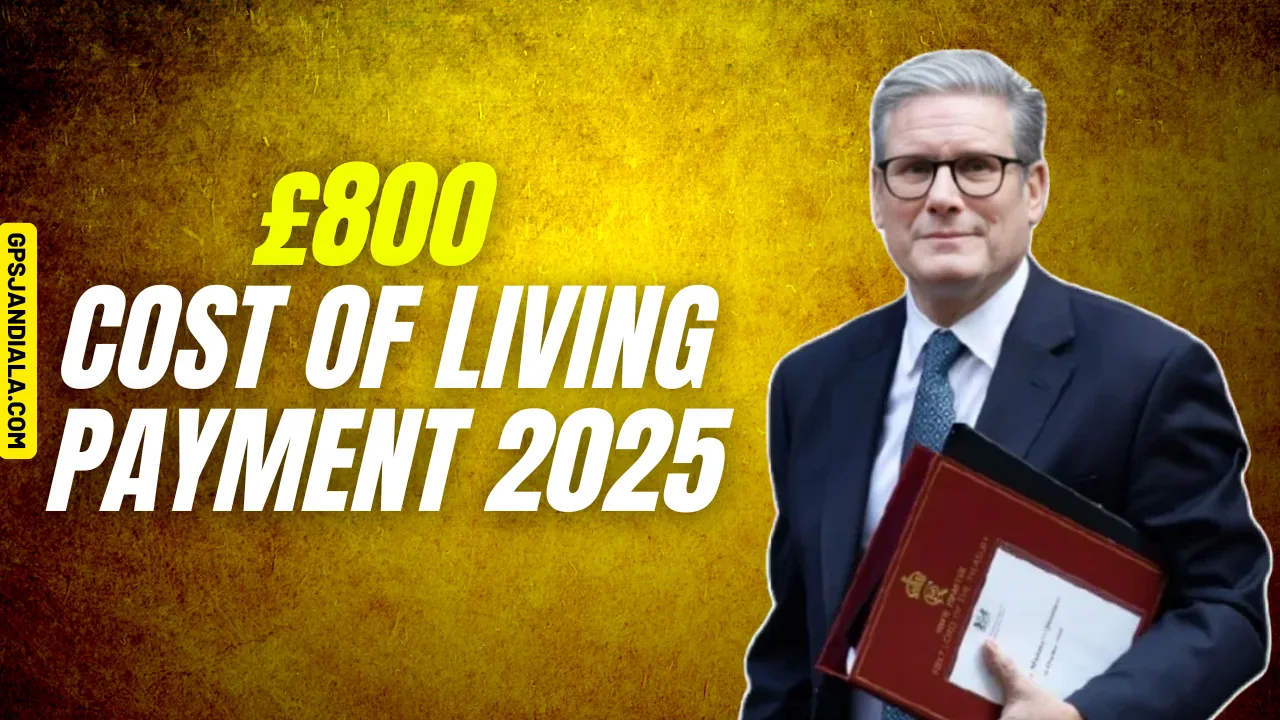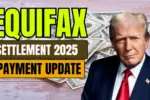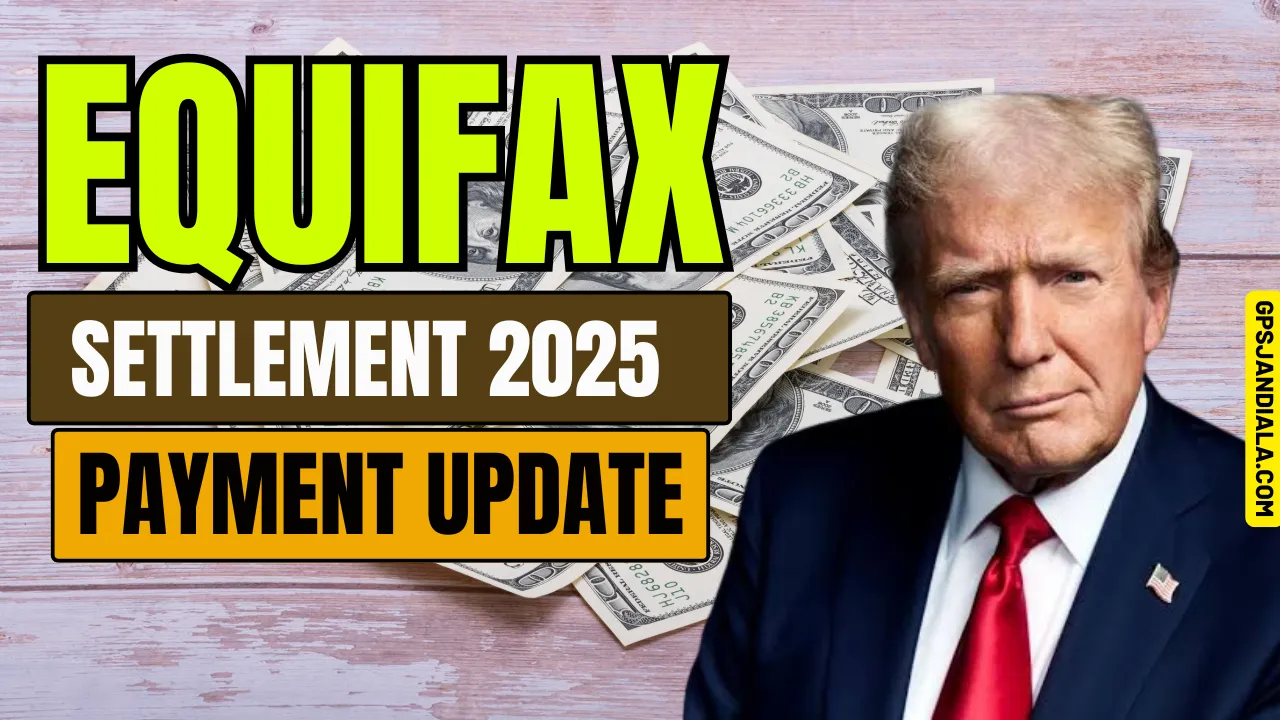Cash App Class Action Settlement 2025: Cash App Class Action Settlement 2025: How to Know If You Qualify for a Refund Millions of Cash App users in the United States may be eligible to receive refunds following a class action settlement in 2025. This settlement addresses issues related to unauthorized transactions, poor customer service, and violations of consumer protection laws.
With over 56 million active users, Cash App has become a widely used financial platform. However, security failures and mishandled complaints led to significant financial penalties, with up to $120 million designated for consumer refunds. This article explains who qualifies for the settlement, the impact on Cash App users, and how the payout process works.
Overview Table
| Details | Information |
| Settlement Amount | Up to $120 million for consumer refunds |
| Penalty to CFPB Relief Fund | $55 million |
| Reason for Settlement | Security failures, unauthorized transactions, and poor customer support |
| Eligible Users | Victims of unauthorized transactions or account lockouts |
| Refund Process | Automatic, no need to submit claims |
| Regulatory Authority | Consumer Financial Protection Bureau (CFPB) |
| Compliance Requirements | Enhanced fraud prevention, 24/7 support, and clear dispute processes |
Cash App Class Action Settlement 2025
The settlement stems from an investigation by the Consumer Financial Protection Bureau (CFPB), which found that Cash App violated consumer protection laws by failing to adequately investigate unauthorized transactions and misleading users about their rights. As a result, Block, Inc., the company behind Cash App, agreed to pay up to $120 million to affected users, with an additional $55 million fine paid to the CFPB’s victims relief fund.
Refunds will be issued automatically to eligible users, and no action is required to receive compensation. The CFPB will oversee the process to ensure compliance and that users receive their payments promptly.
How Cash App Users Were Impacted
Many users experienced financial losses due to unauthorized transactions and the platform’s inadequate support system. The most common issues included:
- Unauthorized payments that were not properly investigated.
- Locked accounts that prevented access to funds.
- Limited customer service options, with automated responses and slow resolutions.
- Fraudsters posing as Cash App representatives and exploiting users seeking help.
These problems caused financial and emotional distress, leading to the class action lawsuit that resulted in the 2025 settlement.
Core Issues Highlighted in the CFPB’s Investigation
The CFPB identified several key violations that led to the settlement:
- Failure to Investigate Unauthorized Transactions: Cash App violated the Electronic Fund Transfer Act (EFTA) by not thoroughly investigating unauthorized payments, leaving many users without refunds.
- Misleading Terms of Service: The platform incorrectly advised users to contact their banks for disputes, contradicting federal requirements that Cash App must handle these cases directly.
- Inadequate Customer Support: Users were unable to reach live representatives, with automated systems offering limited help and delays in resolving issues.
- Security Lapses: Weak security measures allowed unauthorized access to accounts, leading to financial losses.
These findings prompted the CFPB to impose significant financial penalties and require operational changes to improve user protection.
Breakdown of Financial Penalties
The total financial penalties imposed on Block, Inc. amount to $175 million, divided into two main categories:
| Penalty Type | Amount | Purpose |
| Consumer Refunds | Up to $120 million | Compensation for unauthorized transactions and account issues |
| CFPB Victims Relief Fund Penalty | $55 million | Contribution to the CFPB’s fund for victims of financial fraud |
Refunds will be distributed directly to affected users, with the CFPB monitoring the process to ensure compliance and fairness.
Who Is Eligible for a Refund?
Eligibility for the settlement includes the following groups:
- Users who experienced unauthorized transactions that were not properly investigated.
- Individuals whose accounts were locked without receiving timely support or provisional credits.
- Victims of fraud who did not receive refunds they were entitled to.
Refunds will be processed automatically, with no need for users to submit claims. Cash App will notify eligible users directly and issue payments through their accounts.
How the Settlement Impacts Cash App Users
In addition to financial compensation, the settlement mandates significant changes to Cash App’s operations, including:
- 24/7 Customer Support:
Cash App must provide live customer service around the clock, allowing users to report issues, dispute transactions, and receive assistance at any time. - Enhanced Fraud Prevention:
The platform is required to strengthen its security systems, including advanced fraud detection and quicker responses to suspicious activities. - Clear Dispute Process:
Users must be informed of their rights under the EFTA, with a simplified process for reporting and resolving unauthorized transactions. - Compliance Monitoring:
The CFPB will conduct regular audits to ensure that Cash App adheres to consumer protection laws and maintains effective fraud prevention measures.
These reforms aim to rebuild user trust and ensure that similar issues do not occur in the future.
Understanding the Electronic Fund Transfer Act (EFTA)
The EFTA is a federal law that protects consumers from unauthorized electronic transactions. Key provisions include:
- 60-Day Reporting Window: Consumers must report unauthorized transactions within 60 days of receiving their bank statement.
- 10-Day Investigation Period: Service providers must complete investigations within 10 business days.
- Provisional Credits: If more time is needed, users must receive provisional credits to cover the disputed amount.
Cash App’s failure to meet these requirements led to the CFPB’s intervention, ensuring that affected users receive compensation and that the platform improves its compliance with federal regulations.
Broader Implications for the Fintech Industry
The Cash App settlement serves as a warning to the fintech industry, highlighting the need for robust security measures and transparent dispute processes. Key lessons include:
- Increased Regulatory Oversight: Fintech companies must comply with consumer protection laws to avoid financial penalties and reputational damage.
- Enhanced Security Protocols: Stronger fraud prevention measures are essential to protect users from unauthorized transactions.
- Accessible Customer Support: Reliable and responsive customer service is crucial for maintaining consumer trust and resolving issues promptly.
- Consumer Awareness: Users should understand their rights under laws like the EFTA and hold service providers accountable for any violations.
This case underscores the importance of balancing innovation with compliance and user protection, ensuring that digital payment platforms operate transparently and securely.
FAQs
Who is eligible for a refund under the Cash App Class Action Settlement 2025?
Users who experienced unauthorized transactions, account lockouts, or delayed investigations are eligible for refunds.
Do I need to file a claim to receive my refund?
No, refunds will be processed automatically. Eligible users will be notified directly by Cash App.
When will the refunds be issued?
Refunds will be distributed throughout 2025, with the CFPB overseeing the process to ensure timely payments.
How will Cash App improve its customer service as part of the settlement?
Cash App is required to offer 24/7 live customer support, allowing users to resolve disputes and access assistance at any time.
What security measures will Cash App implement to prevent future fraud?
The platform must strengthen its fraud detection systems, improve response times for suspicious activities, and ensure that users receive timely support.
Conclusion
The Cash App Class Action Settlement of 2025 marks a significant step in protecting consumers from unauthorized transactions and poor customer service. With up to $120 million allocated for refunds and mandatory operational improvements, affected users will receive financial compensation and benefit from enhanced security and support.
As digital payment platforms continue to grow, this case serves as a reminder of the importance of compliance, transparency, and robust user protection measures.
